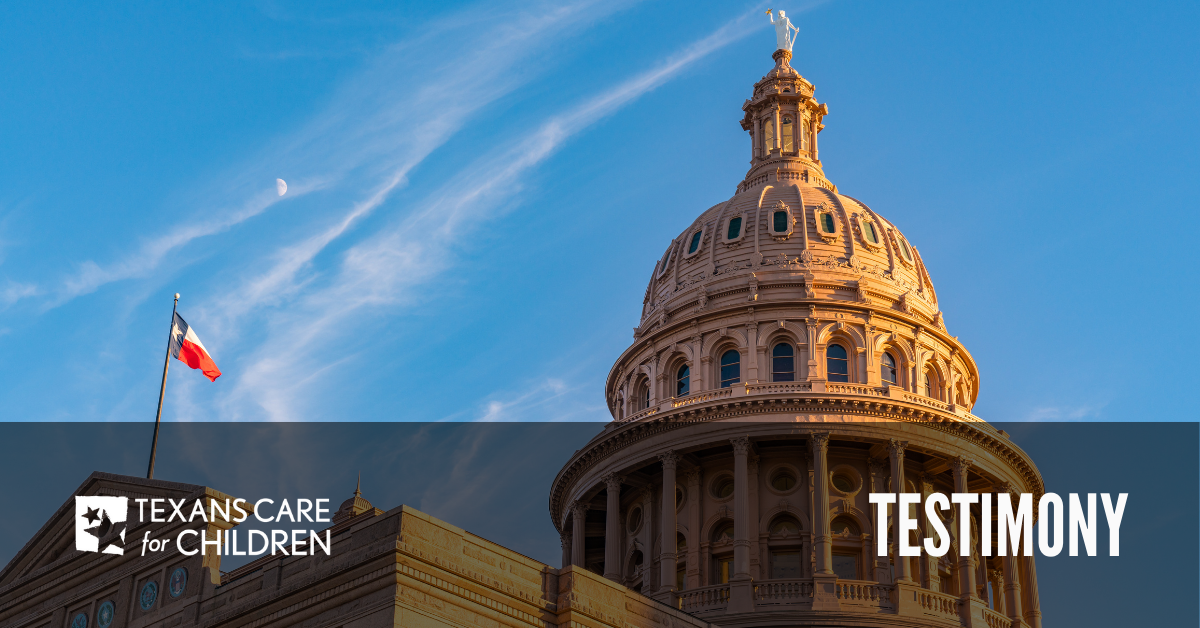The 86th Texas Legislature prioritized the mental health of students before COVID-19 had begun to threaten the social, emotional, and mental well-being of students all across the state. The effects of the pandemic on students and their teachers make the leadership demonstrated by the Legislature in 2019 all the more critical to support the education and well-being of students in 2020 and the years to come.
The Legislature must build upon progress made last session so schools are prepared to address not just “academic slides” that have occurred during the pandemic, but also the “social, emotional, and behavioral slides” that will have occurred as well:
Many students will need to relearn social emotional skills that have regressed during the pandemic, while younger students may be learning important behavior skills and expectations for the first time.
The physiological effects of exposure to prolonged adversities (such as losing one’s home because of a parent’s unemployment) or acute traumas (such as the death of a parent or grandparent) can disrupt a student’s thinking, feeling, and behavior — even once threats are no longer present.
Rates of trauma, mental health and substance use concerns, and suicide risk are projected to sharply rise, and will continue to affect students, their families, schools, and communities in the coming years. The emotional and behavioral effects of trauma are known to spike more than a year after trauma exposure.
Students with a history of mental health concerns are especially at risk, as are students who had multiple traumatic experiences before the pandemic - including traumas related to discrimination, racial bias, and racism. Students of color, students from low-income families, and girls also may be more vulnerable to mental health concerns during the pandemic that can interfere with their learning.
Schools will play an important and necessary role in helping students recover from social-emotional challenges brought on by COVID-19. In addition to ensuring educators are able to “recognize and respond” when students are in crisis, district leaders also must take proactive steps to prevent small problems from growing into big ones and to help students be focused and engaged learners.


